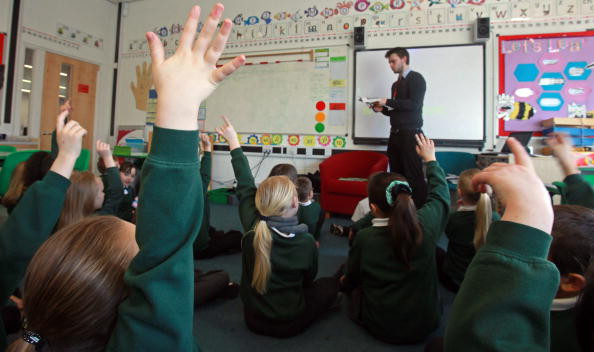UK: Primary school application results reveal alarming squeeze on places

One out of six children have reportedly missed out on their first choice of primary school as more than half a million children hear the final outcome of which primary school they will be attending in September 2015.
The verdict comes days after council leaders said two in five local authorities would not be able to cater to applications due to space shortages by 2016.
Among the cities worst hit by school space shortages are Leicester, Nottingham, Reading and Peterborough.
London saw better placing with an estimated 95% of children being accepted into one out of their six preferred primary schools.
With an additional 900 applications reportedly sent in this year in London, 91% received their first preference in Barking and Dagenham, while only 59% got lucky with their first choice in Kensington and Chelsea, reported BBC News.
School places squeeze
Primary school places are squeezing in parts of England, as more families are moving towards popular schools.
A growing birth rate and part immigration add to the crisis.
We have a Balkanised system with authorities, academies and central government taking decisions in isolation. There is a desperate need for long-term planning that spans all sectors. With the massive increase in pupil numbers and over-stretched budgets, we cannot afford inefficiency and conflict.
The coalition government's free-school policy is also to blame that has permitted new schools to open in areas, where there were already surplus places.
"We have a Balkanised system with authorities, academies and central government taking decisions in isolation," said Russell Hobby, the general secretary of the National Association of Head Teachers.
"There is a desperate need for long-term planning that spans all sectors. With the massive increase in pupil numbers and over-stretched budgets, we cannot afford inefficiency and conflict."
As the number of classes with over 30 students reaches a 15-year high, the alarming squeeze in school places is one of the key tasks that needs to be addressed by the next government, said the Local Government Association.
An estimated 200,000 more primary school places will be needed by 2020, according to government estimates.
© Copyright IBTimes 2025. All rights reserved.




















